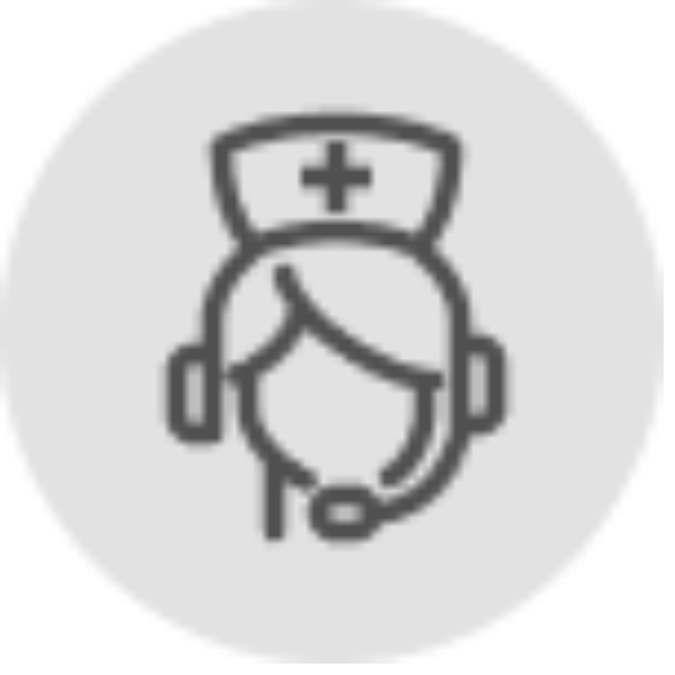Exchanging information after a car accident establishes a clear record of the incident and the parties involved. This information includes drivers’ names, contact details, insurance information, and vehicle details.
If you don’t exchange this information, it becomes challenging for insurance companies to process your claim. Plus, it becomes difficult to determine liability and reconstruct the car accident. As a result, you could jeopardize your chances of getting compensated.
Also, depending on the laws in your state, failure to exchange information after a car accident can result in possible fines.






